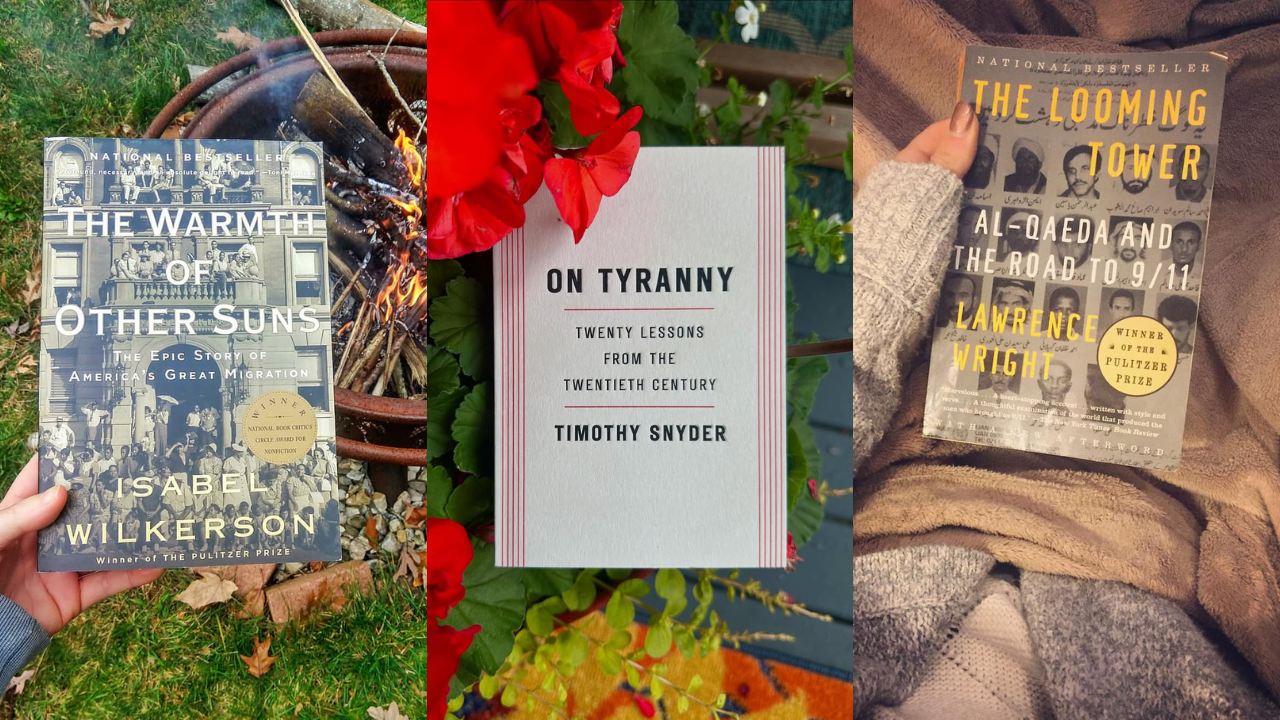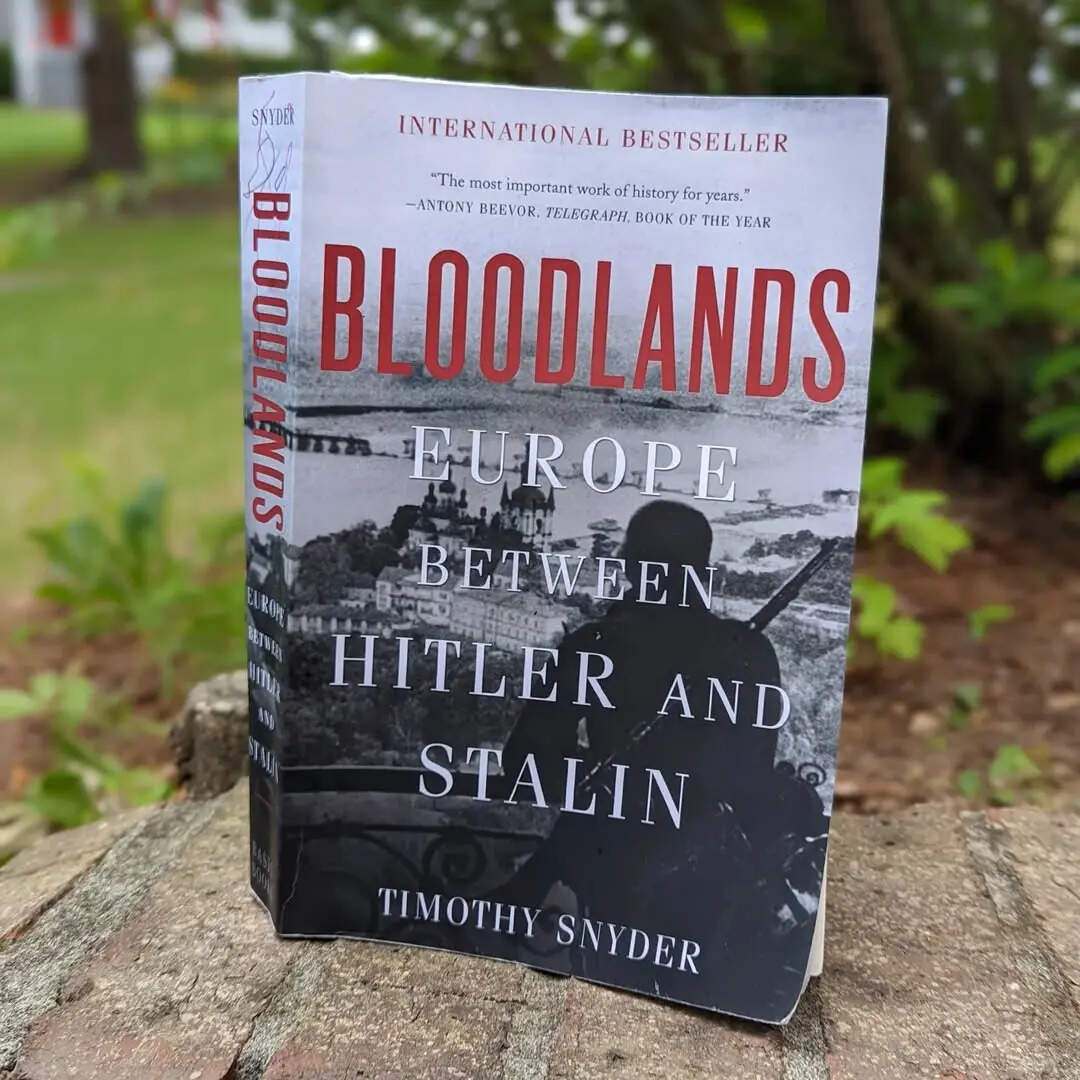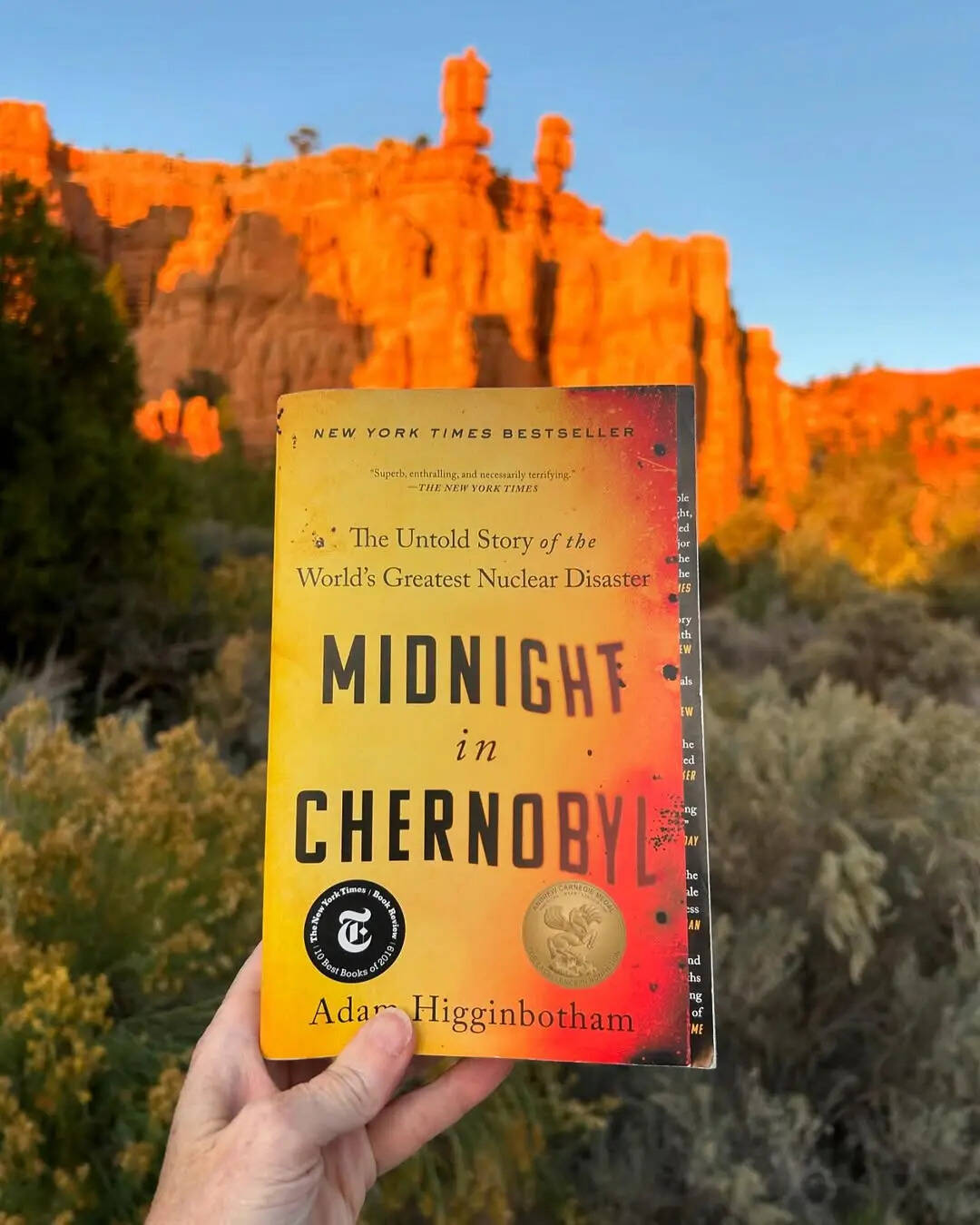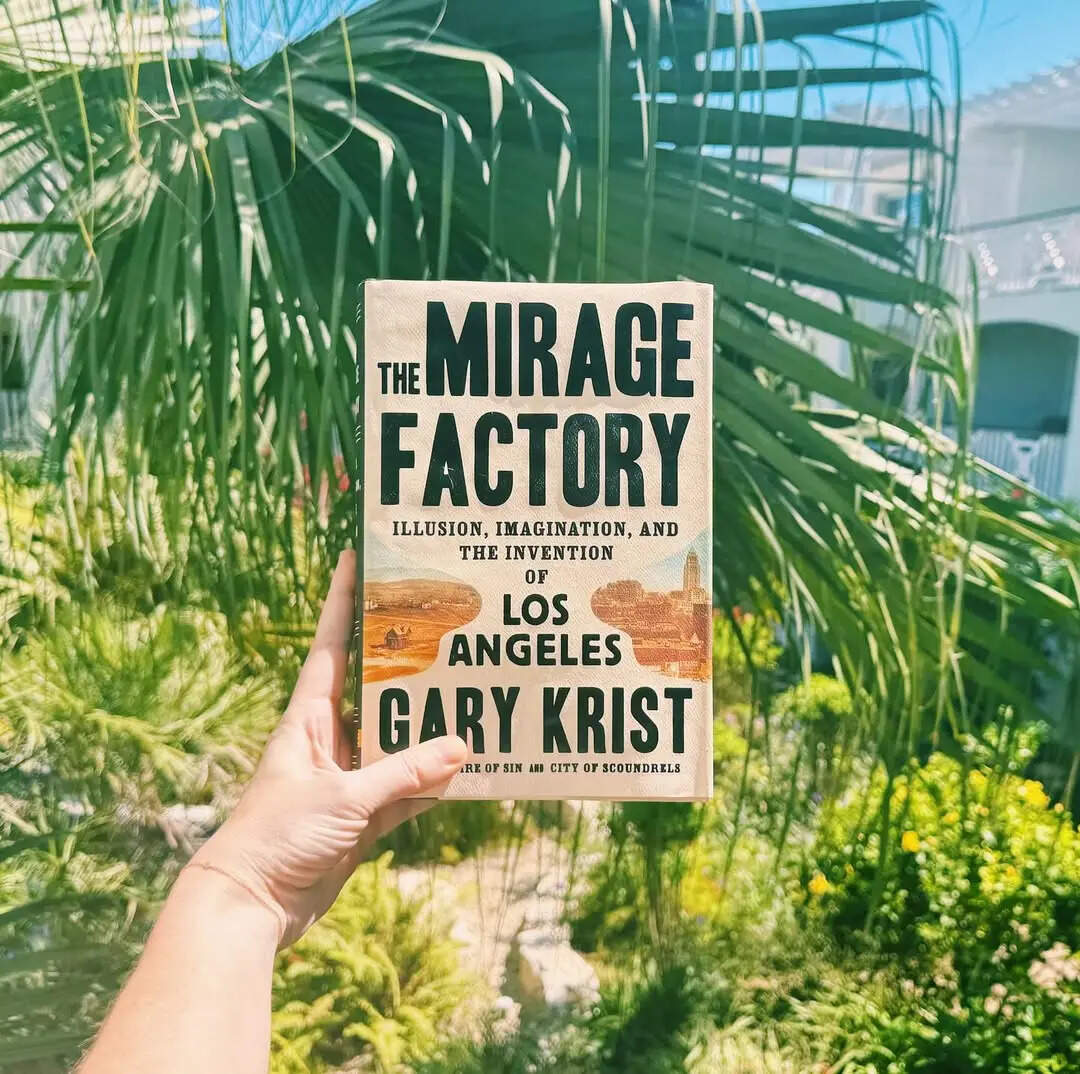
10 Non-Fiction Books That Make History Feel Like Breaking News (Picture Credit – Instagram)
History doesn’t always arrive with trumpets. Sometimes, it creeps into our lives through headlines, courtroom testimonies, leaked memos, or a photograph that changes everything. The best non-fiction books are the ones that turn the past into something urgent, intimate, and impossible to ignore. They make centuries-old stories feel like today’s top story, and familiar names seem like strangers we’re just beginning to understand.
These books do not treat history as an artefact. They treat it as a living force — unpredictable, uncomfortable, and often
unfinished.
1. Bloodlands: Europe Between Hitler and Stalin by Timothy Snyder Snyder’s masterpiece covers a region where the two most destructive ideologies of the 20th century clashed — Nazi Germany and Stalinist USSR. What makes ‘Bloodlands’ so shattering is not the scale of violence, but the cold system behind it. This is not history as memory. It is history as a forensic investigation. Each page demands that you bear witness.
 Bloodlands (Picture Credit – Instagram)
Bloodlands (Picture Credit – Instagram)
2. Destiny Disrupted: A History of the World Through Islamic Eyes by Tamim Ansary Western historical narratives often overlook how events looked from the East. Ansary’s elegant storytelling bridges that gap. With clarity and empathy, he reframes events from the Prophet’s time to 9/11, reminding us that every civilisation has its own centre of gravity. It’s accessible, revelatory, and deeply human, like hearing the other side of a story you thought you knew.
3. Say Nothing: A True Story of Murder and Memory in Northern Ireland by Patrick Radden Keefe At the heart of this gripping account of the Troubles lies one mystery: the 1972 disappearance of Jean McConville. But Keefe uses it as a thread to unravel the entire conflict. This isn’t just reportage. It’s investigative history written with the urgency of a thriller and the precision of a historian. Every chapter forces you to reassess what you thought you understood about justice and betrayal.
4. The Warmth of Other Suns by Isabel Wilkerson Wilkerson tells the story of the Great Migration — the six-million-strong exodus of Black Americans from the South between 1915 and 1970. Through three personal stories, she reconstructs a national reckoning. The storytelling is both intimate and vast. You feel the weight of one family’s decision and understand the social shifts that reshaped America. It’s not just historical context. It’s a window into survival.
5. Midnight in Chernobyl by Adam Higginbotham Chernobyl is no longer just a disaster site. It’s a symbol of what happens when secrecy becomes policy. Higginbotham’s account reads like a political thriller but is anchored in meticulous research. He brings Soviet dysfunction to life without caricature, showing how lies layered upon lies resulted in catastrophe. Every paragraph feels like a countdown to impact.
 Midnight in Chernobyl (Picture Credit – Instagram)
Midnight in Chernobyl (Picture Credit – Instagram)
6. Bury the Chains by Adam Hochschild Before Gandhi and Mandela, there was the British abolition movement — a story of ordinary citizens who reshaped global morality. Hochschild captures how pamphlets, testimonies, and grassroots efforts took on the economic powerhouse of slavery. It’s the kind of story that makes you question your own power and complicity. His writing is immersive, persuasive, and haunting in its modern parallels.
7. The Looming Tower: Al-Qaeda and the Road to 9/11 by Lawrence Wright We think of 9/11 as an event. Wright shows it was a chain reaction. He traces the rise of Islamic extremism with the pacing of a political drama and the rigour of an intelligence briefing. It’s a book that challenges simple narratives and reveals how misunderstanding, hubris, and missed signals led to catastrophe. It feels like the story behind every news alert we’ve ever received.
8. The Invention of News by Andrew Pettegree
Before tweets and breaking news banners, there was pamphlet warfare, handwritten newsletters, and 16th-century media influencers. Pettegree masterfully traces the rise of modern journalism from the Reformation to the Enlightenment, showing how news was once a volatile weapon of power. It’s a gripping reminder that fake news, spin, and political bias aren’t inventions of our time, they’re part of history’s original broadcast package.
9. The Mirage Factory by Gary Krist
Los Angeles wasn’t just built; it was sold. Krist peels back the layers of illusion, ambition, and propaganda that turned a desert into a metropolis. By weaving the stories of a water schemer, a preacher, and a filmmaker, he reveals how myth-making shaped one of America’s most iconic cities. It’s an urgent, cinematic account of how history is sometimes constructed on dreams, deceit, and drought.
 The Mirage Factory (Picture Credit – Instagram)
The Mirage Factory (Picture Credit – Instagram)
10. On Tyranny: Twenty Lessons from the Twentieth Century by Timothy Snyder This pocket-sized book reads like a breaking news bulletin from the past. Snyder doesn’t just chronicle fascism; he shows how it begins, grows, and seduces. The short chapters function as warnings: “Defend institutions,” “Be wary of paramilitaries,” “Listen for dangerous language.” It feels less like history and more like a survival manual written with urgency.
History is not an archive. It’s a pulse. These books are not content with documenting the past — they shake the reader into seeing how little separates then from now. If history classes made you feel like the past was dry and done, these titles will rewrite that assumption. They remind us that what happened once can happen again. And sometimes, it already is. Let this be your takeaway: The past is not over. It’s just not evenly reported.
